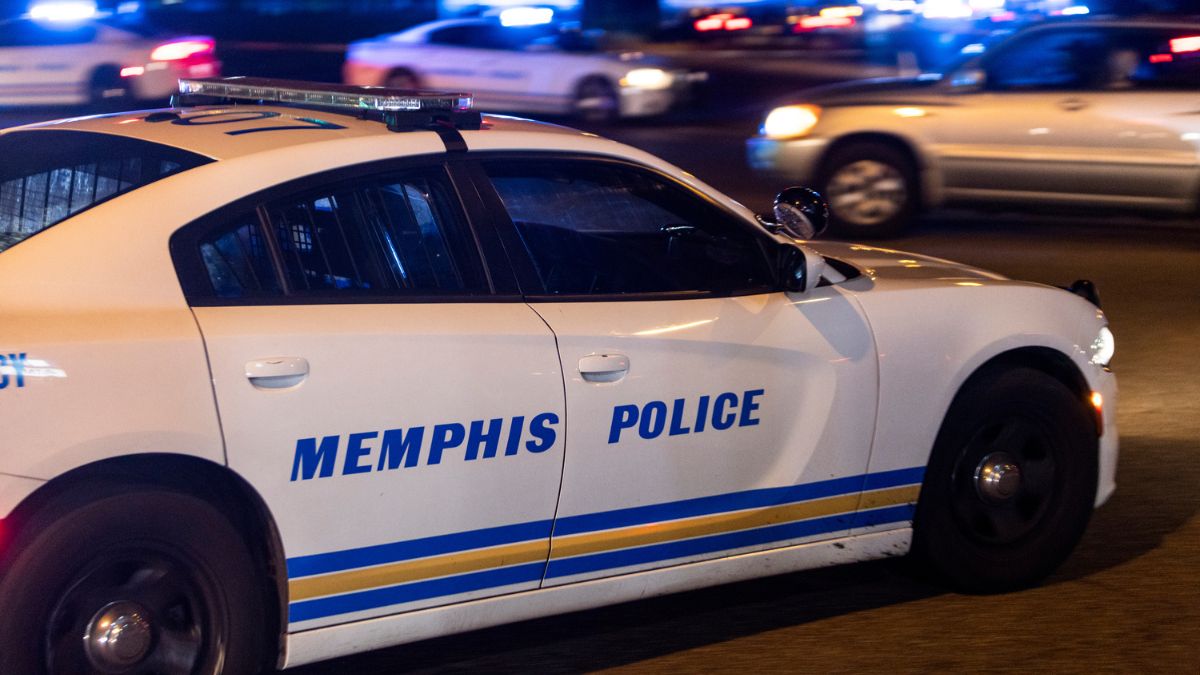
An arrest in Jacksonville, Florida, went awry, and now there’s a pending call for accountability, conflicting accounts from the complainant and the arresting officer, and a defiant statement by Sheriff T.K. Waters that caused an uproar online for how tone-deaf it was.
A 22-year-old Florida native named William McNeil Jr. was pulled over by police for not having his headlights on. Per CNN, Florida law states that a driver must have headlights on from sunset to sunrise and in cases of fog or rainfall. In recently released bodycam footage, McNeil Jr. is shown having a disagreement with the officer who pulled him over, saying through an open door that he doesn’t need headlights because it’s “still daylight” and “it’s not raining.”
The arresting officer, D. Bowers, then asks McNeil Jr. to show his license, but McNeil refuses, asks him to call his supervisor, and closes his door. When police approach again, McNeil locks his door and does not comply when requested to step out of the vehicle. The officers then break the driver’s side window, punch McNeil in the face, and proceed to pull him out of the car, punching him again as they place him on the ground to arrest him in a manner that even Sheriff T.K. Waters now admits involved “ugly” force.
McNeil Jr. also recorded the entire ordeal from his perspective, beginning when the officers demand he open the car and then punch him and drag him from the vehicle to the ground. He later appeared on ABC, where he was asked why he didn’t just cooperate with the officers, to which McNeil Jr. simply responded, “I feared for my life,” explaining that he saw one of the arresting officers reaching for his gun.
"I feared for my life."
— ABC News (@ABC) July 24, 2025
William McNeil, Jr., whose violent arrest by deputies in Jacksonville, Florida, sheriff's has gone viral, tells ABC News' Linsey Davis what was going through his mind as the incident unfolded. https://t.co/CAor7IPIp0 pic.twitter.com/VtKa5s6hfT
Months later, McNeil Jr.’s video was released online and quickly went viral as people saw the shocking extent of violence the officers used to enforce the arrest. Sheriff T.K. Waters was forced to respond, stating, “Just because force is ugly does not mean it’s unlawful or contrary to policy.” He also claimed that facts were being buried to advance an “anti-police” agenda, and he has the full support of Governor Ron DeSantis, despite DeSantis surprisingly weaning off Donald Trump hardlines. However, given the history of racial profiling by authorities — including ICE’s outlawed behavior — users on social media took great offense to the sheriff’s plea to Black people that they should “just comply.”
Black faces in white spaces do not equal justice for Black people.
— Bishop Talbert Swan (@TalbertSwan) July 23, 2025
Jacksonville Sheriff T.K. Waters—a Black man—looked at bodycam footage of his white officers punching a 22-year-old Black man in the face, breaking his car window, dragging him out, and slamming him to the ground… pic.twitter.com/vlc0FNvWYZ
Civil rights lawyers Ben Crump and Harry Daniels, who have taken up the case, see it differently. They argue that McNeil Jr.’s race cannot be discounted and that the history of Black people in America with law enforcement must be considered, as it directly affects how McNeil Jr. reacted to the police. Crump stated, “This wasn’t law enforcement; it was brutality. All video from JSO should be released to ensure there is transparency for McNeil and the community. We demand full accountability from the Jacksonville Sheriff’s Office and justice for William McNeil Jr.”
What has further eroded community trust in how the sheriff’s office is handling the case is that they claimed McNeil Jr. somehow also reached for a knife during the stop, despite the overwhelming video documentation of the ordeal showing no such thing. Crump and Daniels argue that this claim was made solely to justify the violence used against McNeil Jr.
Waters further claimed that because McNeil Jr. hadn’t filed any formal complaint, they now assume he posted the video only to inflame the public.







